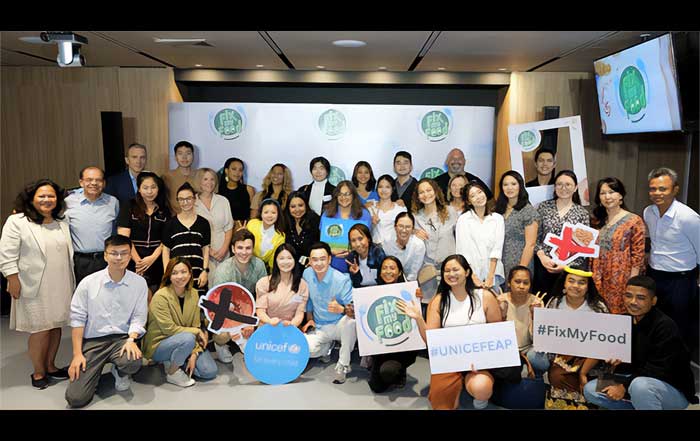Remilk, a global leader in the development and production of animal-free dairy protein has received a first-of-its-kind approval from the Israeli Ministry of Health (MOH). This historic regulatory event clears a path for the marketing and sale of non-animal dairy products made with Remilk for Israeli consumers. It also establishes the country as one of the first in the world to offer people access to sustainable, real dairy made without cows and free of lactose, cholesterol, antibiotics and growth hormones.
Remilk is a world leader in the development of animal-free milk proteins produced through a proprietary fermentation process. The Ministry of Health approval follows Remilk's receipt of an FDA "No Questions Letter," confirming FDA acceptance of an expert panel's conclusion that Remilk's animal-free protein can be safely used in food products under its GRAS (Generally Recognized as Safe) standards, as well as a recent regulatory clearance from the Singapore Food Authority.
Remilk has raised more than $130M to date and signed deals with leading players in the global food industry. Last year, Remilk, which is already producing its protein at industrial volumes in facilities around the world, announced a large-scale commercial agreement with the Central Bottling Company (CBC Group), the exclusive Israeli franchisee of Coca-Cola, and one of the largest food companies in Israel, to launch a line of dairy products made with Remilk's protein, for the Israeli market.
"This is a defining moment, not only for Remilk, but for the entire global alternative protein industry and the state of Israel, one of the first in the world to recognize the significance of precision fermentation," said Aviv Wolff, CEO and co-founder of Remilk. "The opening of the Israeli market to real, animal-free dairy products will place Israel not only at the forefront of global food-tech research and development, but also as a leading market in the world for new food consumption. Today's news opens the door for the introduction of high-quality and nutritious animal-free dairy products."
"We thank the Ministry of Health for an in-depth process, in which our non-animal milk protein was thoroughly tested and found to be safe, of high-quality, and identical to its cow-derived counterpart," said Dr. Ori Cohavi, Chief Technology Officer (CTO) and co-founder of Remilk. "The breakthrough achievement of Remilk's R&D team lies in its success in converting a technology that has been used for decades to create components for the food industry such as vitamins and enzymes in small quantities, to produce one of the most significant and high-quality components in the food industry. Our milk protein, produced on an industrial scale, allows us to practically change the face of the dairy market."
"Remilk was born to be an international company that dares to challenge the traditional dairy industry," continued Wolff. "It is an honor that Israel, a world leader in alternative protein R&D and investments, has granted Remilk the first regulatory approval of its kind. The product launch planned with the Central Bottling Company is on the horizon as we continue to realize our vision of creating new food systems that can provide nutritious and high-quality solutions for the world's growing population."
Remilk is a global leader in the development of animal-free dairy. The company was founded by CEO Aviv Wolff, an entrepreneur behind several business and social initiatives, and CTO Ori Cohavi, PhD in Biochemistry, who has worked in R&D at a variety of biotech firms. They founded Remilk driven by a shared dedication to reinvent the dairy industry, by removing cows from the milk-making process. Remilk produces dairy-identical milk proteins through precision fermentation and has developed a unique and patented approach to scalable manufacturing which requires a fraction of Earth's resources compared to traditional dairy, while dramatically increasing efficiency in production, and, for the first time in history, eliminating the need for dairy cows in industrial-scale dairy production without compromising on taste, functionality, or nutritional values. Remilk is real dairy, no cows.








